Module 3: FAIR Research Data in the Life Cycle
Module Lead
Lisa Hönegger, BA BA MA
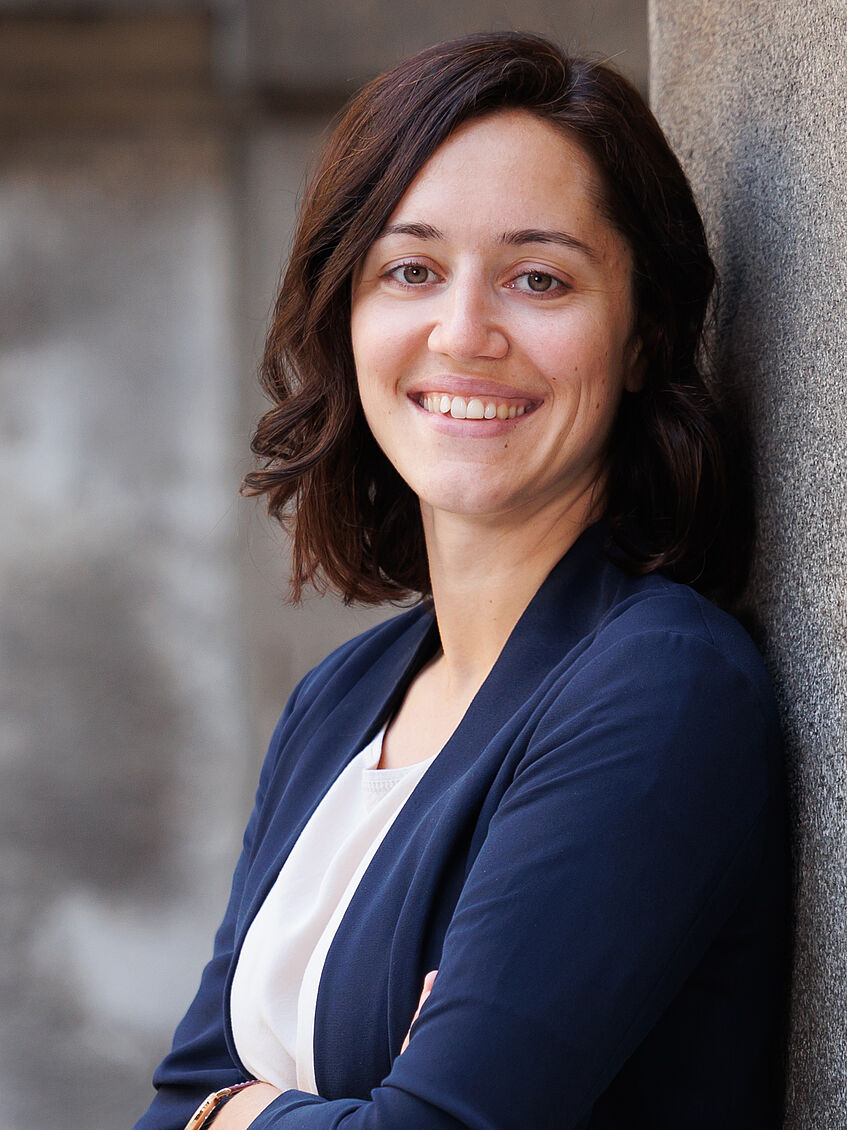
Lisa Hönegger, BA BA MA
Lisa Hönegger is the deputy head of AUSSDA, a national infrastructure for archiving social science data at the universities of Vienna, Graz, Linz and Innsbruck. At the University of Vienna, she is also responsible for Open Science, the European Open Science Cloud and Research Data Management.
Lecturers and Experts
Mag. (FH) Mag. Monika Bargmann
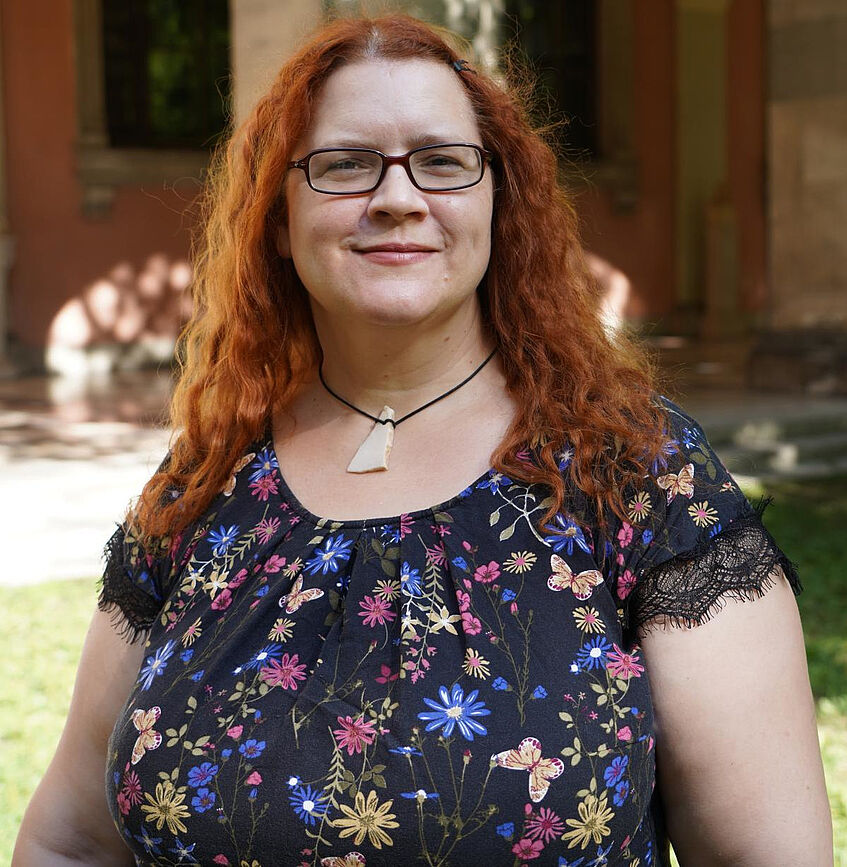
Mag. (FH) Mag. Monika Bargmann
Monika Bargmann is the Data Stewardess for the Faculty of Philological and Cultural Studies at the University of Vienna. Bringing people and information together and "translating" between diverse groups of stakeholders is the common thread through Monika's over 25 years of professional experience. She worked as a journalist, librarian, archivist, research assistant, lecturer, data manager, and IT project coordinator before joining the University of Vienna and holds a business licence for IT services. She was involved in European and Austrian research & development projects funded by the programmes Horizon2020, Erasmus+, ICT of the Future, and ASAP14.
Monika holds master-level degrees in Library and Information Studies (FH Burgenland and HBI Stuttgart) and in German Studies (University of Vienna) and is in the final stage of her Urban and Regional Development studies (University of Vienna). She attended the program "Data Librarian" and "Data Steward" at the University of Vienna.
Michael Feichtinger, MSc BA
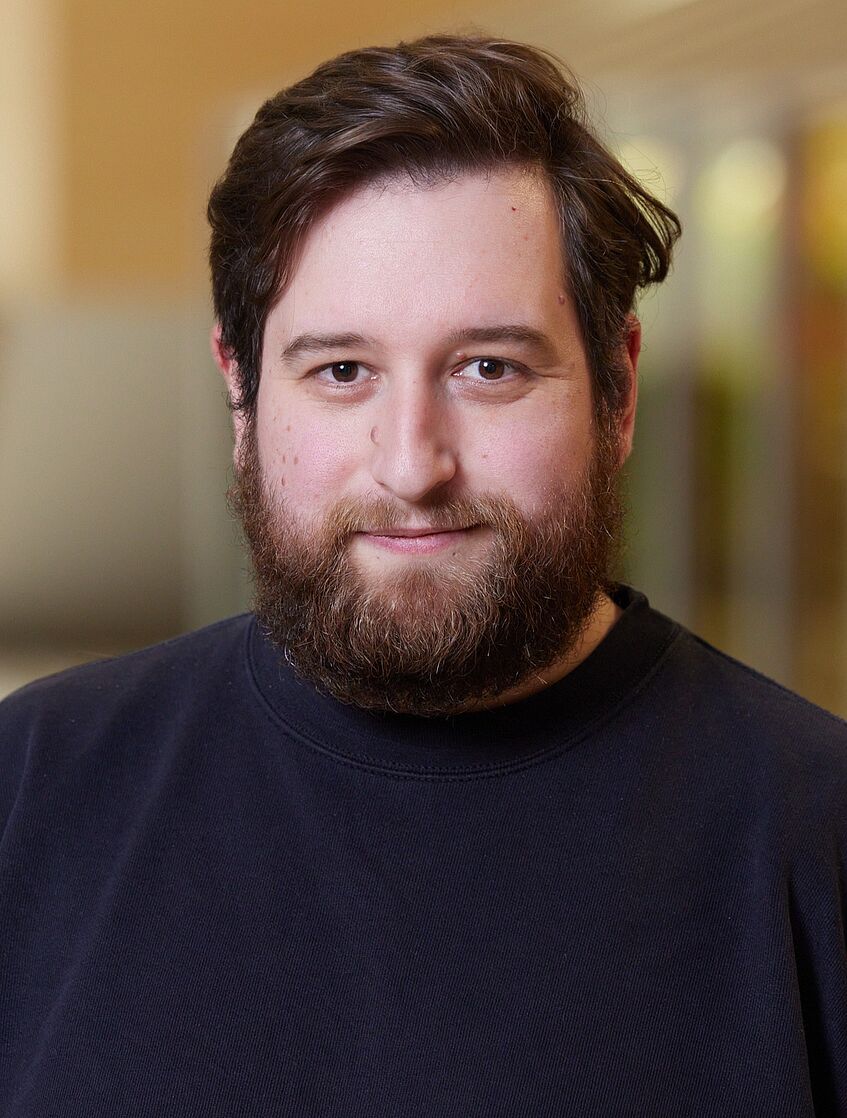
Michael Feichtinger, MSc BA
Michael Feichtinger works as a data steward at the Centre for Microbiology and Environmental Systems Science at the University of Vienna. In this role, Michael supports researchers with data management and the adoption of FAIR data practices. With a background in biochemistry and molecular biology, Michael is well-equipped to deliver tailored solutions and discipline-specific RDM training. Michael actively participates in cross-institutional projects and engages with international networks, including the FWF "Cluster of Excellence: Microbiomes Drive Planetary Health," the ELIXIR RDM Community, and the DINI/nestor-UAG Schulung.
Lucia Forrová
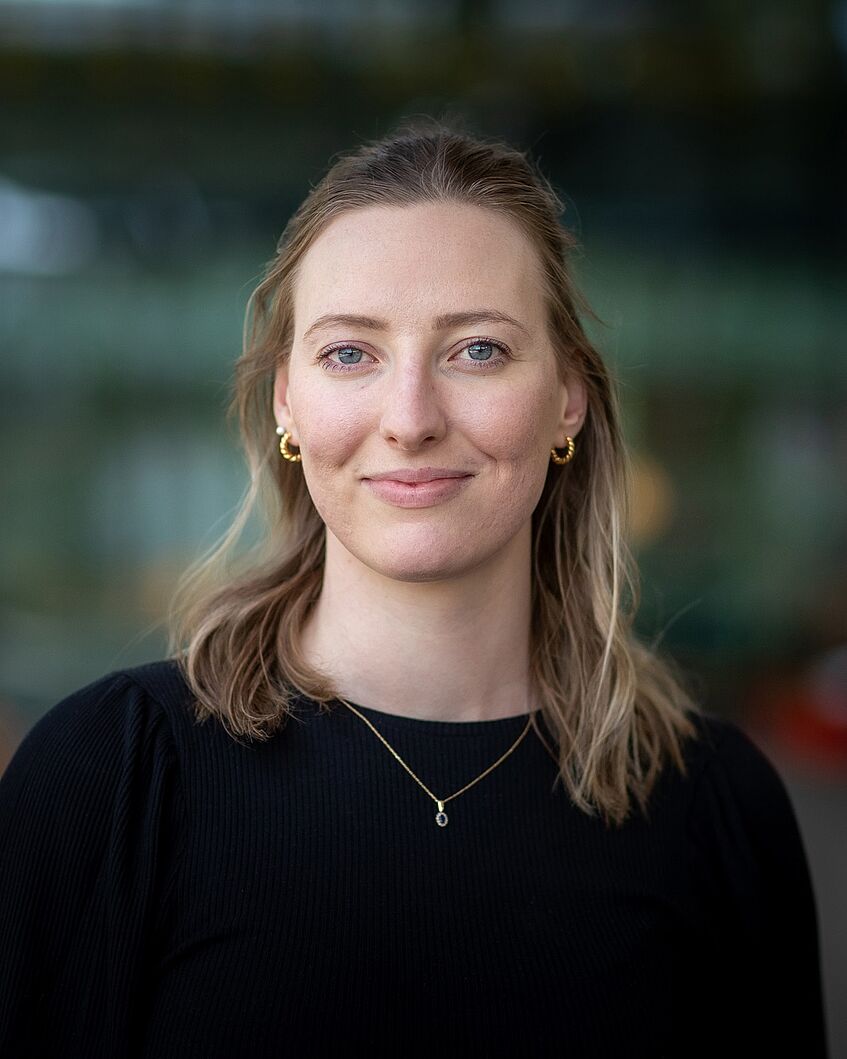
Lucia Forrová
Lucia is a Data Steward at Eindhoven University of Technology, where she advises and supports students and researchers in Research Data Management practices. Working closely with various support teams, she provides expert guidance on data privacy, ethics, and compliance, ensuring that projects adhere to best practices and legal frameworks throughout the research lifecycle. To engage researchers with RDM topics, Lucia runs monthly “Data Bites” sessions, delivering essential knowledge in accessible, bite-sized pieces. Leveraging her background in Industrial Design and Human-Technology Interaction, she simplifies complex processes and creates clear guidelines, promoting responsible and ethical research data management.
Dr. Alicia Fatima Gomez-Sanchez

Dr. Alicia Fatima Gomez-Sanchez
Alicia Fátima Gómez is Library Director at the IE University in Madrid since October 2023. Prior to this, she worked as Head of Scientometrics and Data Visualization at the TU Wien, in Austria, leading the DOI Service Austria Consortium, and, together with the Universität Wien, the ORCID Austria Consortium. Furthermore, she has an extensive professional in libraries and research support gained over the years in Spain and the UK with focus in open science, research data, metrics and publishing and dissemination strategies. Alicia F. Gomez holds a PhD in Linguistics, and a Master in Digital Libraries and Information Systems.
Vanessa Hannesschläger, PhD
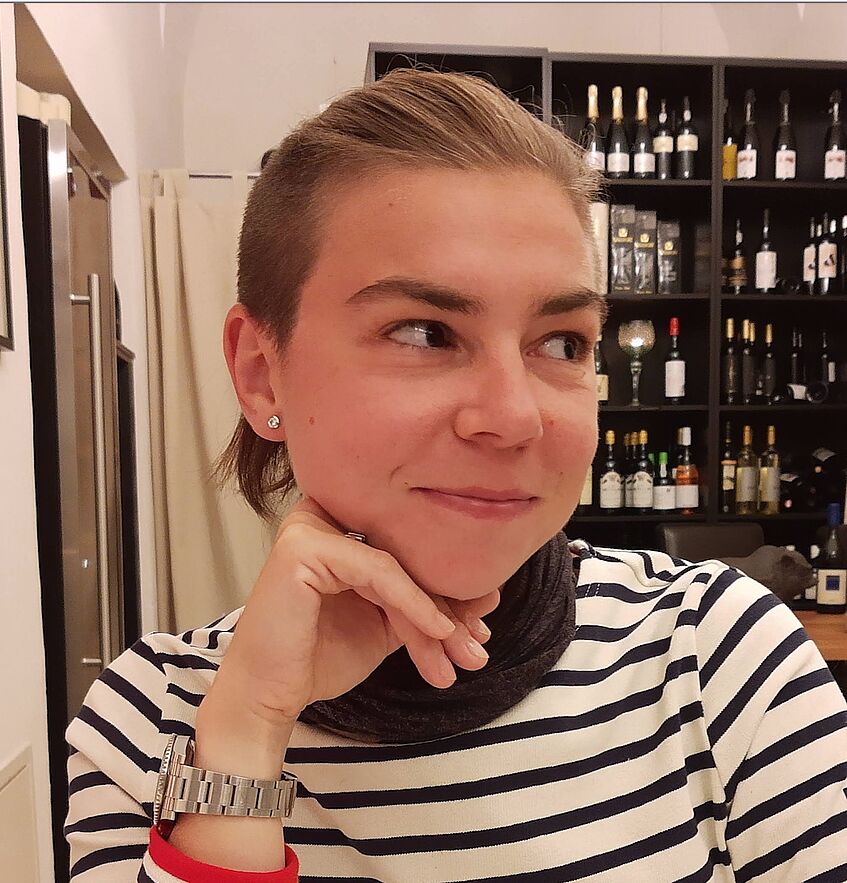
Vanessa Hannesschläger, PhD
Vanessa Hannesschläger is a German literature and digital humanities scholar with a focus on data management and legal aspects of arts and humanities data. She holds a PhD from the University of Vienna, where she also teaches DH. As a researcher at the Austrian Centre for Digital Humanities and Cultural Heritage of the Austrian Academy of Sciences, she was involved in building and maintaining the European Research Infrastructure Consortia CLARIN-ERIC and DARIAH-EU. Today she is head of European Projects of Ars Electronica Festival in Linz. Vanessa advocates for legal and data literacy as well as Open Science.
Dr. Patrick Helling

Dr. Patrick Helling
Patrick Helling is a data manager at the Data Center for the Humanities (DCH) at the Faculty of Arts and Humanities at the University of Cologne. He supports humanities scholars in questions on research data management (RDM) and he provides domain specific RDM services. In addition, he is part of the data management team of the DFG priority program 2207 “Computational Literary Studies”.
As data steward of the Verband “Digital Humanities im deutschsprachigen Raum” e.V. he develops a research data management strategy for the scholarly outcomes of the DHd-Community.
Emily Kate, PhD BA
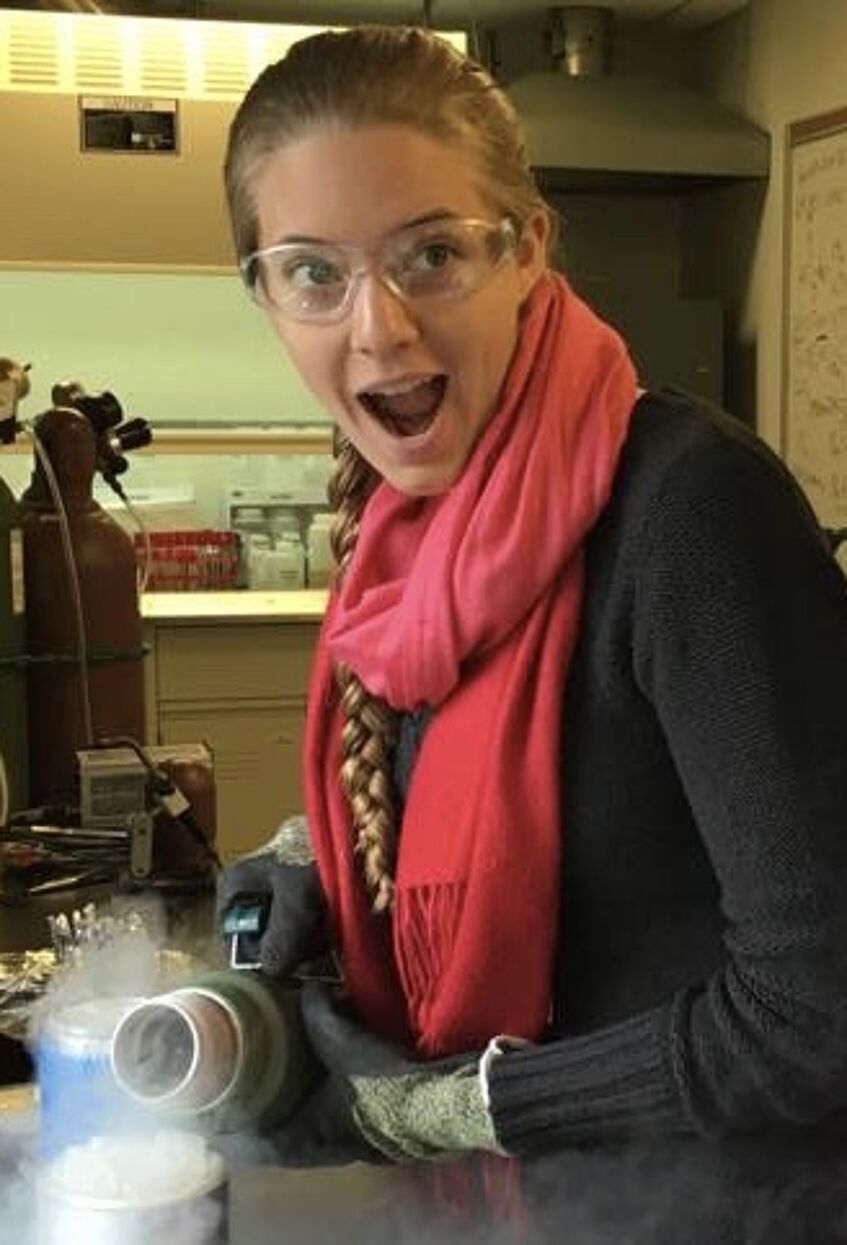
Emily Kate, PhD BA
Emily J. Kate holds a BA in anthropology and archaeology from the College of Wooster in Ohio and earned her Ph.D. in anthropology and demography from The Pennsylvania State University. She joined the UNIVIE data stewardship team in March of 2023 and serves the Faculty of Life Sciences. Emily describes herself as "scientifically nosey" and enjoys connecting with scientists and developing custom solutions that meet their unique requests. In addition to helping researchers make their data management dreams come true, Emily is an avid baker and loves picnicking on the Danube with her husband, Zachary, and her perfect dog, Zoa.
Nabil Aziz Ksibi, Eng.
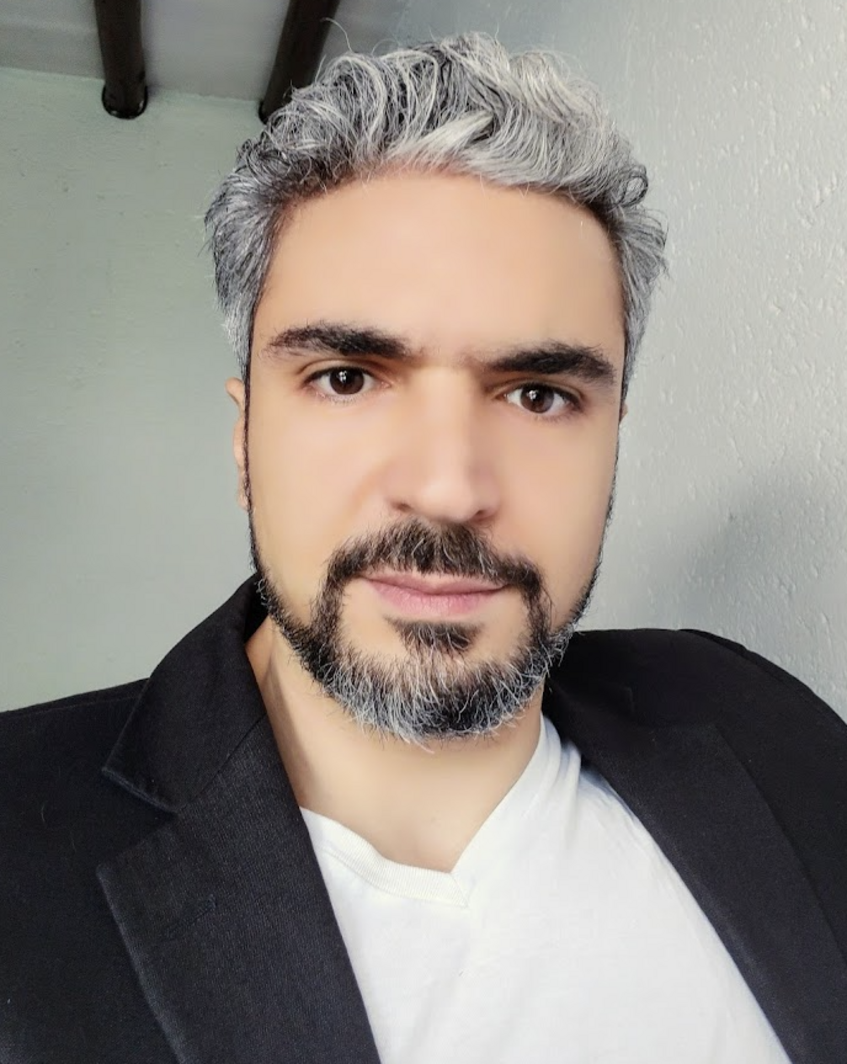
Nabil Aziz Ksibi, Eng.
Nabil Aziz Ksibi is an engineer with a professional focus on research infrastructure, community engagement, and open science. He currently serves as Engagement Consultant at ORCID, where he supports global participation and strategic partnerships. He is also the Founding Consultant of the Northern African Research and Innovation Management Association (NARIMA) and Co-Founder of the Africa PID Alliance, where he works on preserving African digital knowledge through persistent identifiers and metadata infrastructure. Nabil holds an engineering degree in Energy, Environment, and Renewable Energy from the National Engineering School of Monastir and brings previous experience from roles at Hewlett Packard Enterprise and Trane. He is active in advisory roles with TCC Africa and AfricArXiv and contributes to initiatives such as FAIR Points.
Tomasz Miksa, (Dr. techn.)
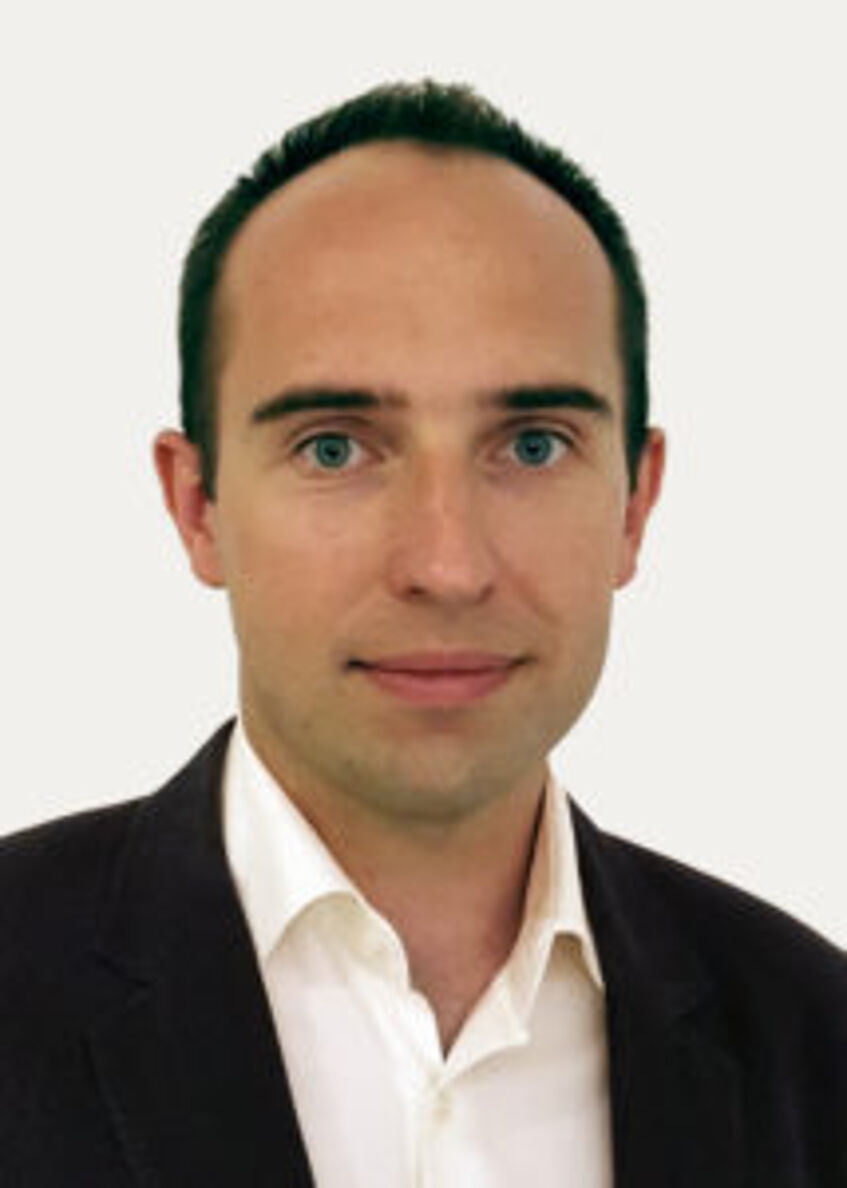
Tomasz Miksa, (Dr. techn.)
Tomasz Miksa (Dr. techn.) is a senior researcher and an expert in data management and design of research data repositories. His areas of expertise include also reproducibility of computational workflows, auditability, and digital preservation. He chairs the DMP Common Standards working group at the Research Data Alliance that works to realize machine-actionable Data Management Plans and coordinates their deployment at major Austrian universities within the FAIR Data Austria project.
FH-Prof. Mag. Dr. Tassilo Pellegrini
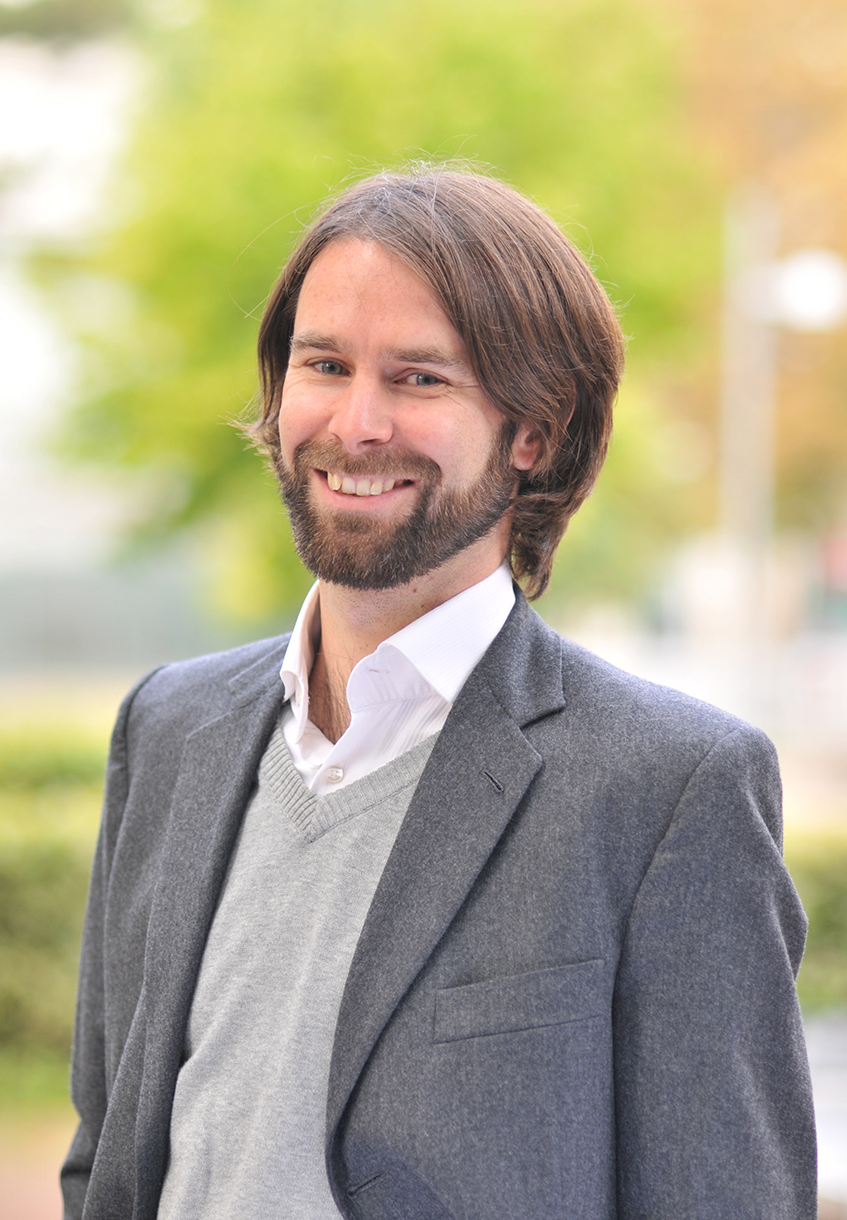
credit: Paul Poelleritzer
FH-Prof. Mag. Dr. Tassilo Pellegrini
Tassilo Pellegrini is co-director of the Institute for Innovation Systems and professor of economics at the University of Applied Sciences in St. Pölten, Austria.
His research areas are data economics, policy-aware web and artificial intelligence. He is member of the International Network for Information Ethics (INIE), the African Network of Information Ethics (ANIE) and the Deutsche Gesellschaft für Publizistik und Kommunikationswissenschaft (DGPUK). He is co-founder of the Semantic Web Company in Vienna and conference chair of the annual SEMANTiCS conference series founded in 2005.
Diana Pilvar, BSc MSc
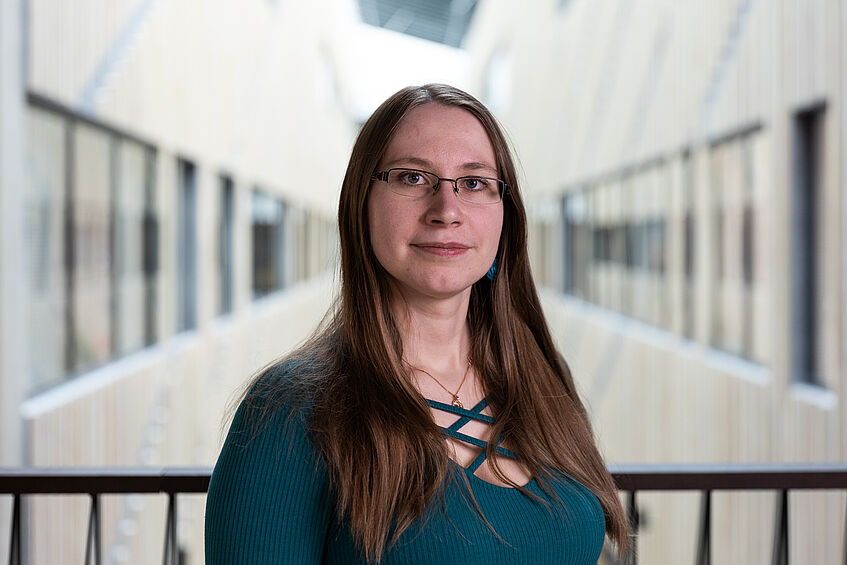
Diana Pilvar, BSc MSc
Diana is a data manager at the University of Tartu in Estonia and also serves as the training coordinator for the ELIXIR Estonia node. Her expertise includes training individuals in research data management, licensing, FAIR principles, metadata, README file creation, data visualisation, and the use of OpenRefine software. Additionally, she conducts workshops titled "Bring your own DMP," where she offers tailored guidance on crafting data management plans. As a data manager, she frequently provides researchers with advice on enhancing their data management strategies.
Holding a BSc in Genetic Engineering and an MSc in Bioinformatics, Diana has a strong background that includes working with sensitive personal data as well as laboratory experience in Human Molecular Genetics and Proteomics core labs. This background enables her to deeply understand the challenges faced by researchers.
Diana is committed to staying current with the latest advancements in data management and training by actively participating in related workshops and training sessions. She is dedicated to continually improving her skills and the materials she uses in her courses. An active member of the ELIXIR Research Data Management community, Diana also contributes as an editor for the RDMkit, a vital resource for life sciences researchers in data management.
Christopher Pollin, BA MA MA

Christopher Pollin, BA MA MA
Christopher Pollin holds a Master's Degree in History and a Joint Master's Degree in Digital Cultural Heritage. He is currently a PhD student in Digital Humanities.
Since 2016, he has been working in various positions at the Centre for Information Modeling (ZIM) at the University of Graz. His work includes technical development and data modeling in various projects such as 'STEFAN ZWEIG DIGITAL', 'Open Access Database Adjective-Adverb Interfaces in Romance' or 'Digital Edition Publishing Cooperative for Historical Accounts'. His work focuses on semantic web technologies, resource discovery and web programming. In addition to teaching in these fields, his dissertation project focuses on information-based resource discovery for historical information. He is a co-founder of Digital Humanities Craft.
Dipl.-Phys. Dr. Constanze Roedig
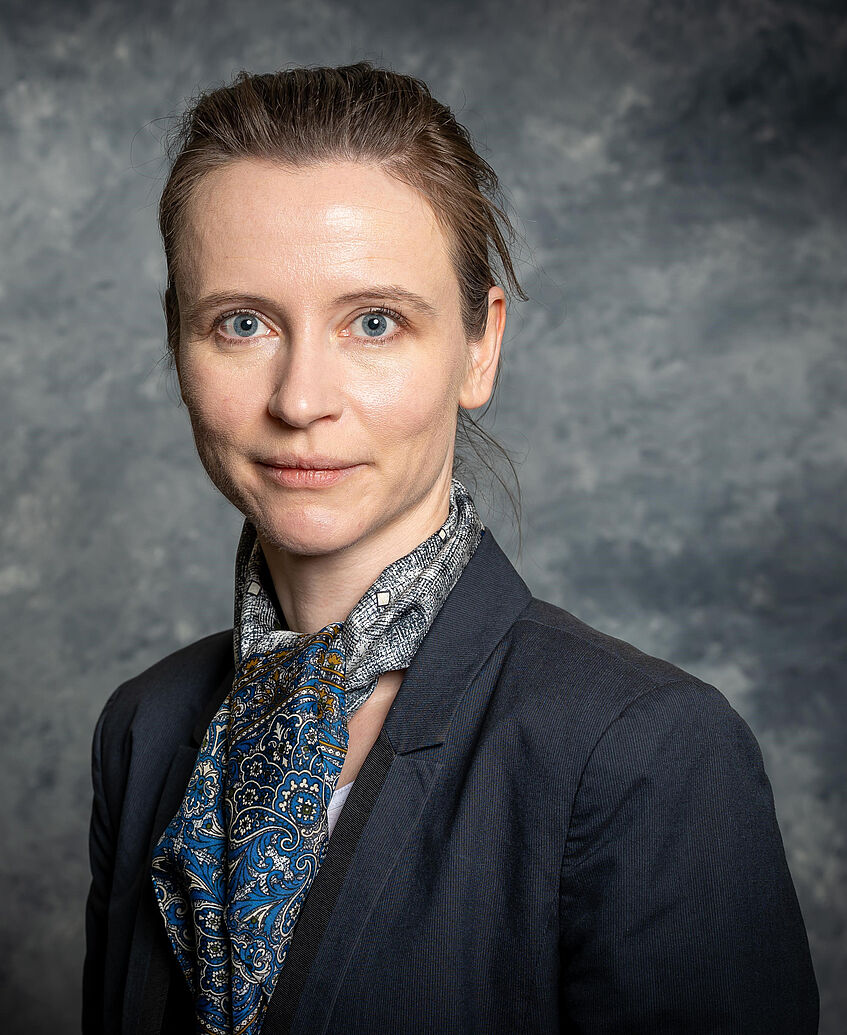
Dipl.-Phys. Dr. Constanze Roedig
Cloud architecture, DevSecOps, advanced scientific computing
Dr. Constanze Roedig earned her doctorate at the Albert Einstein Institute (Max Planck) in relativistic radiation hydrodynamics and continued studying black holes at Johns Hopkins as a postdoc. She spent 8 years in the private sector as a software architect to enable companies to transition their internal systems towards transparent, performant and scalable designs. The desire to give back to the community brought her back to science in the role of the technical lead for an Austrian-wide project (https://forschungsdaten.at/en/austrian-datalab-and-services/) to make High Performance Computing more accessible and bring cloud-native to the university system landscape. She now advocates for open standards, FAIR and open science and works as an R&D engineer on finding feasible means to unite HPC with the modern user-experience of kubernetes.
Mag. Christian Steiner, MA
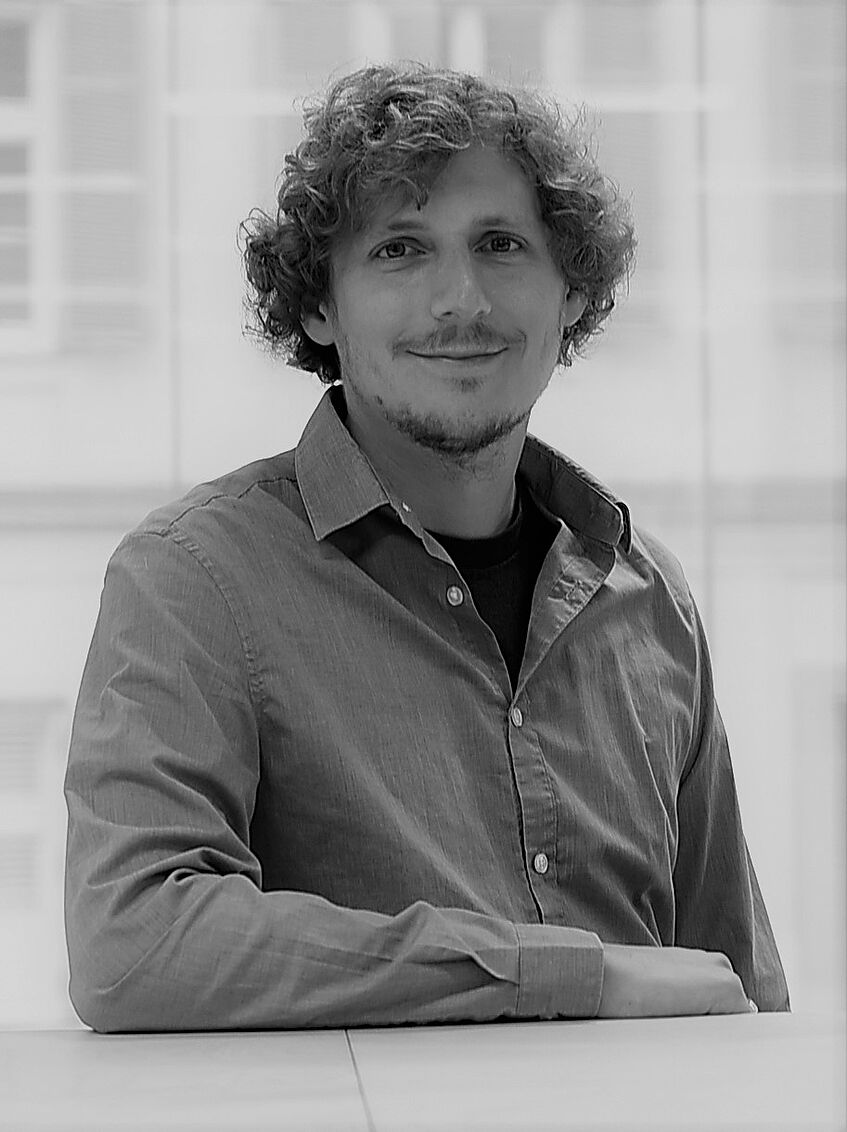
Mag. Christian Steiner, MA
Christian Steiner holds a Master’s degree in Translation (German/English/Bosnian/Croatian/Serbian) and a Joint Master’s Degree in Digital Heritage and Digital Humanities (EuroMACHS). Currently he is a PhD candidate in Digital Humanities.
Since 2012 he has been a research assistant at the Centre for Information Modelling (ZIM) at the University of Graz. His work includes technical development, data modelling and data wrangling in various DH projects. The main focus of his work is on Semantic Web technologies, Linked Data, and Web Programming. In addition to teaching in these fields, his dissertation project is about Linked Data and the potential of using Wikidata as a hub between the Life Sciences and the Humanities.
Mag. Annette Strauch-Davey
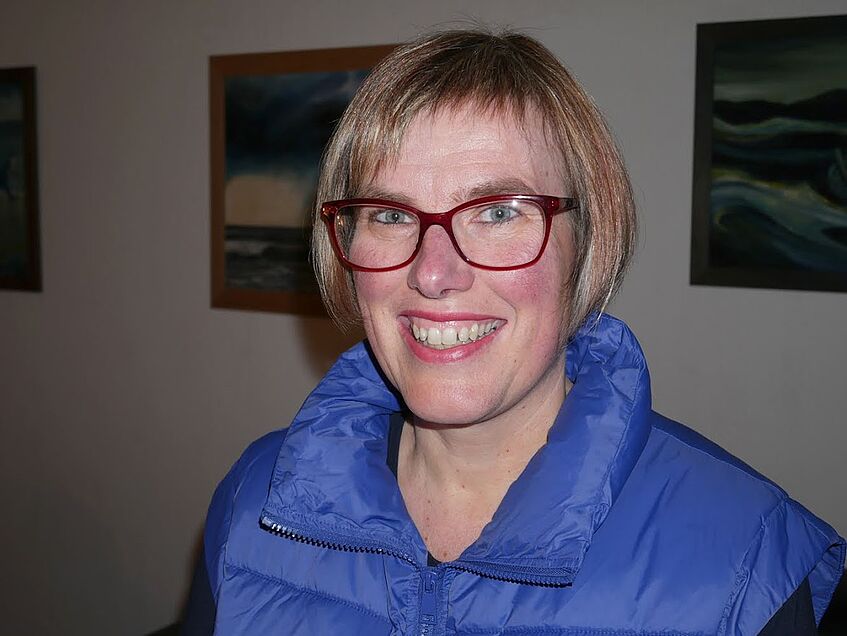
Mag. Annette Strauch-Davey
Annette Strauch-Davey (M.A.) is a cultural scientist / European ethnologist and English literature and medieval studies scholar from the Georg-August University of Göttingen. She had lived in Cardiff and Aberystwyth in Wales for 15 years after her studies (including work at the Museum of Welsh Life and the National Library of Wales). For more than 10 years she has been interested in and dealing with the research data of scientists of various disciplines, also as an important part of her scientific work. At Ulm University, in the communication and information center (kiz) she was part of the bwFLA team working on the implementation and development of a distributed framework for emulation-based services and technologies to address Baden-Württemberg state and higher education institutes’, libraries’ and archives’ new challenges in digital long-term preservation. For the Collaborative Research Center 1187 and at the Center for Information and Media Technology (ZIMT) at the University of Siegen, she has worked intensively on research data management, where she came more and more into contact with the different requirements of the disciplines. At the University Library of Hildesheim, Annette Strauch-Davey was the contact person for RDM at the University of Hildesheim from the beginning of 2018 until the autumn of 2022 where she had built up RDM services from scratch. For many years, she was a member of the Commission for Research-Related Services of the VDB and there also dealt with Open Science and with the trustworthy handling of data of all types and formats. At the moment she is dealing with basic services for RDM in the context of NFDI and EOSC.

